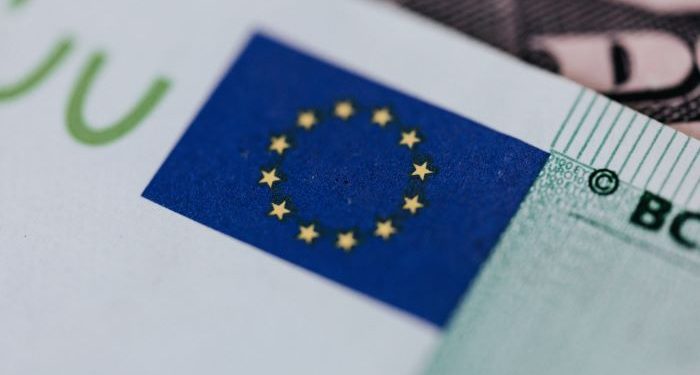In an increasingly tech-driven world, the European Union (EU) stands out as a unique player. While it may not be at the forefront of technology innovation compared to giants like the United States or China, the EU possesses significant influence when it comes to shaping global tech rules and regulations.
This paradoxical scenario raises an important question: How does the EU manage to exert such substantial influence over the tech sector despite producing relatively little in terms of tech products and services?
Let’s delve into the factors that underpin the EU’s remarkable role in setting the rules of the tech game.
The Regulatory Powerhouse
One of the primary ways the EU influences global tech rules is through its regulatory prowess. The EU has established a reputation for its stringent data protection laws, exemplified by the General Data Protection Regulation (GDPR).
GDPR, which came into effect in 2018, has not only set a high bar for data privacy but has also become a de facto global standard. Tech companies worldwide, regardless of their location, have had to comply with GDPR if they handle the data of EU citizens.
This regulation’s extraterritorial reach demonstrates the EU’s ability to assert its rules far beyond its borders.
The EU’s regulatory reach extends beyond data privacy. It has also taken significant steps in areas like antitrust, copyright, and digital taxation.
For instance, the EU’s actions against tech giants like Google and Apple for antitrust violations have led to landmark fines and changes in business practices.
These actions have not only protected the interests of European consumers but have also set global precedents, prompting tech companies to adapt their operations worldwide to align with EU regulations.
Market Size Matters
Another key factor enabling the EU’s influence in tech rule-setting is its massive market size.
The EU represents one of the largest consumer markets globally, making it a highly desirable market for tech companies.
To access this lucrative market, tech firms must comply with EU regulations, effectively exporting EU rules to other parts of the world.
This leverage has enabled the EU to push for its regulatory standards and preferences on a global scale.
Moreover, the EU’s single digital market initiative, which seeks to harmonize digital rules and regulations across its member states, reinforces its position as a rule-setter.
By creating a unified digital market, the EU enhances its ability to set rules and standards that not only benefit its own citizens but also influence tech practices worldwide.
Tech companies looking to operate seamlessly across EU member states must adhere to common standards, essentially importing EU regulations into their business models.
Global Alliances and Soft Power
The EU recognizes that it cannot shape global tech rules in isolation. To bolster its influence, it actively engages in international alliances and collaborates with like-minded countries and organizations.
For instance, the EU works closely with the United States on issues such as privacy, cybersecurity, and digital trade.
These partnerships enable the EU to align its rule-setting efforts with other major players and collectively advocate for certain global tech standards.
Additionally, the EU leverages its soft power by promoting its values and principles on the global stage. It emphasizes concepts like data protection, human rights, and ethical tech development.
By framing its regulatory approach in terms of these values, the EU garners support from various quarters, including civil society organizations and tech-savvy individuals who share its concerns.
This soft power approach enhances the EU’s credibility as a responsible and ethical tech rule-setter.
The EU’s ability to influence global tech rules despite limited innovation in the sector stems from its regulatory prowess, market size, and strategic alliances.
By crafting robust regulations, leveraging its vast consumer market, and engaging in global partnerships, the EU effectively exports its tech standards and preferences worldwide.
In an era where tech transcends borders, the EU’s role as a tech rule-setter underscores the importance of regulatory power and market influence in shaping the digital landscape.
For any enquiries please, email our editorial team at [email protected]. If you liked this story, kindly sign up for Clariform Newsletter, a handpicked selection of stories that helps you clarify things that matter and gives you clear signals about your world, delivered directly to your inbox.
Please subscribe to our YouTube channel, and join thousands of Clariform on Facebook, Twitter and Instagram.












